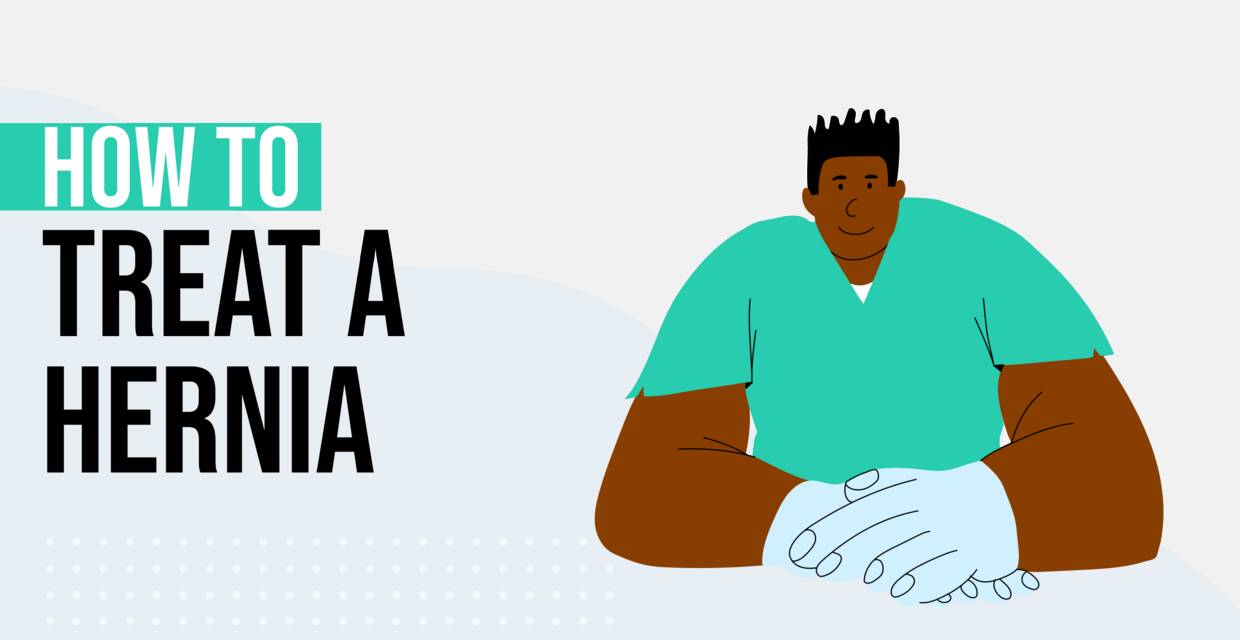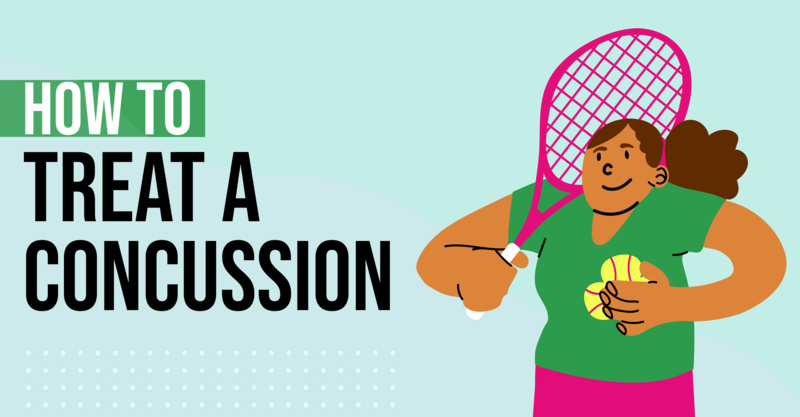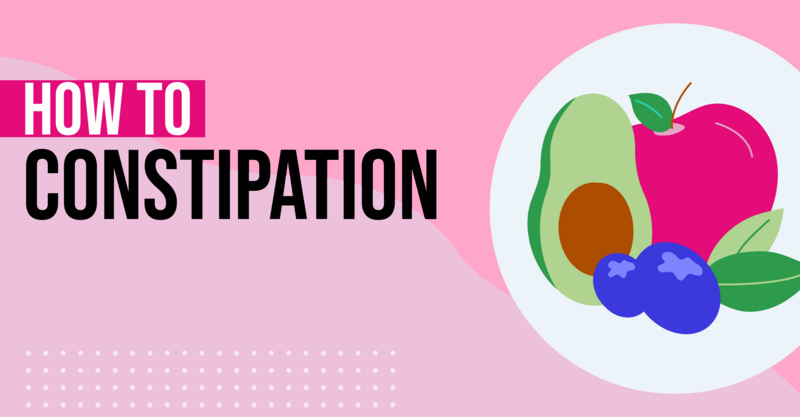Key Points
- A hernia is a medical condition where an organ or tissue protrudes through a weak spot in the surrounding muscle or connective tissue, often visible as a lump.
- Risk factors for hernias include straining during bowel movements, heavy lifting, chronic coughing or sneezing, obesity, and pregnancy.
- Hernias can occur in various body parts, but are most common in the abdomen and can be classified as inguinal, hiatal, umbilical, and incisional hernias.
- Symptoms of hernias can range from a visible lump to pressure, a dull ache, or a pinching sensation, and while some symptoms can be managed at home, medical attention is usually required.
- Preventing hernias involves avoiding activities that cause repetitive stress or injury, such as heavy lifting, chronic coughing, and maintaining a healthy weight.
A hernia occurs when an organ or tissue pushes through a weak spot in the surrounding muscle or connective tissue, according to the Cleveland Clinic. This can cause a bulge or lump that can be seen or felt under the skin (the Cleveland Clinic notes that this is often the first thing that people notice).
Common Causes of Hernia’s
Several things can raise your risk of getting a hernia, as listed by the Cleveland Clinic:
- Straining during bowel movements
- Heavy lifting or strenuous activity
- Chronic coughing or sneezing
- Pregnancy or obesity
Types of Hernias
Hernias can occur in various parts of the body—but they most commonly occur in the abdomen, according to the Cleveland Clinic. They list the most common hernias as:
- Inguinal hernia: Occurs when part of the intestine or bladder protrudes through the abdominal wall or inguinal canal.
- Hiatal hernia: Occurs when part of the stomach protrudes through the diaphragm into the chest cavity.
- Umbilical hernia: Occurs when part of the intestine protrudes through the abdominal wall near the belly button.
- Incisional hernia: Occurs at the site of a previous surgical incision.
Symptoms of a Hernia
The symptoms of a hernia can vary depending on the type and location of the hernia, according to the Cleveland Clinic. However, the most common symptom is a bulge or lump that can be seen or felt under the skin. They note that you may also feel pressure, a dull ache, or a pinching sensation.
How to Manage Your Hernia at Home
1. Avoid Strenuous Exercises
Avoid doing any strenuous exercises that can put pressure on your hernia and cause it to get worse, according to PharmEasy. Instead, they recommend that you try low-impact exercises like swimming, cycling, walking, or yoga.
2. Eat Small Meals
If you’re dealing with an abdominal or hiatal hernia, PharmEasy notes that eating smaller meals can help reduce the pressure on your hernia. Eating smaller meals means you may have to eat more often to get all your nutrients.
3. Use an Ice Pack
Applying an ice pack to your hernia can sometimes help reduce inflammation, according to PharmEasy. If you don’t have an ice pack on hand, you can wrap some ice cubes in a towel or dampen a washrag with cold water.
4. Eat a High-Fiber Diet
Straining to have a bowel movement can put pressure on your hernia, according to PharmEasy. To avoid this, they recommend that you include more fruits, vegetables, whole grains, and legumes in your diet to increase your fiber intake.
5. Lose Excess Weight
Excess weight can also put more strain and pressure on a hernia, according to PharmEasy. Thus, losing weight can resolve this issue. They recommend that you talk to your doctor about a healthy weight loss plan that includes a balanced diet and regular exercise.
6. Drink Aloe Vera Juice
Drinking aloe vera juice can help reduce inflammation and soothe the digestive tract, according to Pristyn Care. They also note that aloe vera juice has many other benefits—and that you can drink it before every meal if you want to try it.
7. Add Black Pepper to Your Food
Black pepper may help stimulate healing and suppress acid reflux, according to Pristyn Care. Try adding a pinch of black pepper to your meals or drink a cup of warm water with black pepper and honey.
When to see a Doctor for a Hernia
A hernia will need medical attention in most cases, according to PharmEasy. However, they note that if your hernia is not causing pain or problems with your bowels, you may not need surgery right away. They recommend that you contact your doctor if you notice the following symptoms:
- A bulge or swelling in the abdominal region or groin
- Nausea, fever, accompanied by vomiting
- Difficulty in swallowing food
- Sudden shooting pain that gets worse with time
- The swelling or hernia bump increases in size
- The bump turns red, purple, or darker
Hernias can become larger and more severe over time, according to PharmEasy. This may lead to complications like a strangulated hernia (when the hernia becomes trapped within the muscles). This is a dangerous complication according to PharmEasy—so it is important to stay aware of your symptoms.
How to Prevent a Hernia
A hernia can be present at birth or can develop later on as a result of an injury, surgery, or repetitive stress. Most often, repetitive stress is the culprit (according to the Cleveland Clinic). Preventing a hernia boils down to preventing injury or reactive stress. Here are some risk factors to be aware of, according to the Cleveland Clinic:
- A job that involves heavy lifting or many hours of standing
- A chronic cough or allergies that cause chronic sneezing
- Chronic constipation and straining to poop or pee
- A history of abdominal or pelvic surgery
- Pregnancy, especially repeat pregnancies
- Chronic obesity
Summary
A hernia occurs when there is a weakness or opening in your muscle or connective tissue that allows an organ or other tissue to push through, according to the Cleveland Clinic. They often require a medical diagnosis and treatment, but there are some things you can do to manage hernia symptoms while you’re waiting to see your doctor or waiting for a repair surgery:
- Avoid strenuous exercise
- Eat small meals
- Use an ice pack
- Eat a high-fiber diet
- Lose excess weight
- Drink aloe vera juice
- Add black pepper to your food
Frequently asked questions
What is a hernia?
A hernia is a medical condition where an organ or tissue protrudes through a weak spot in the surrounding muscle or connective tissue, often forming a noticeable lump or bulge.What are the risk factors for developing a hernia?
Where do hernias commonly occur?
Hernias can occur in various body parts, but they are most commonly found in the abdomen.What are the different types of hernias?
The different types of hernias include inguinal, hiatal, umbilical, and incisional hernias.How can I recognize a hernia?
Symptoms of hernias can range from a visible lump to pressure, a dull ache, or a pinching sensation.Can hernias be managed at home?
Yes, some symptoms of hernias can be managed at home by avoiding strenuous exercises, eating small meals, using an ice pack, eating a high-fiber diet, losing excess weight, drinking aloe vera juice, and adding black pepper to your food. However, medical attention is usually required.When should I seek medical attention for a hernia?
You should seek medical attention if you experience symptoms such as a bulge or swelling, nausea, fever, difficulty swallowing, sudden shooting pain, or changes in the hernia's appearance.How can hernias be prevented?
Preventing hernias involves avoiding activities that cause repetitive stress or injury, such as heavy lifting, chronic coughing, and maintaining a healthy weight.
Solv has strict sourcing guidelines and relies on peer-reviewed studies, academic research institutions, and medical associations. We avoid using tertiary references.


 LinkedIn
LinkedIn










